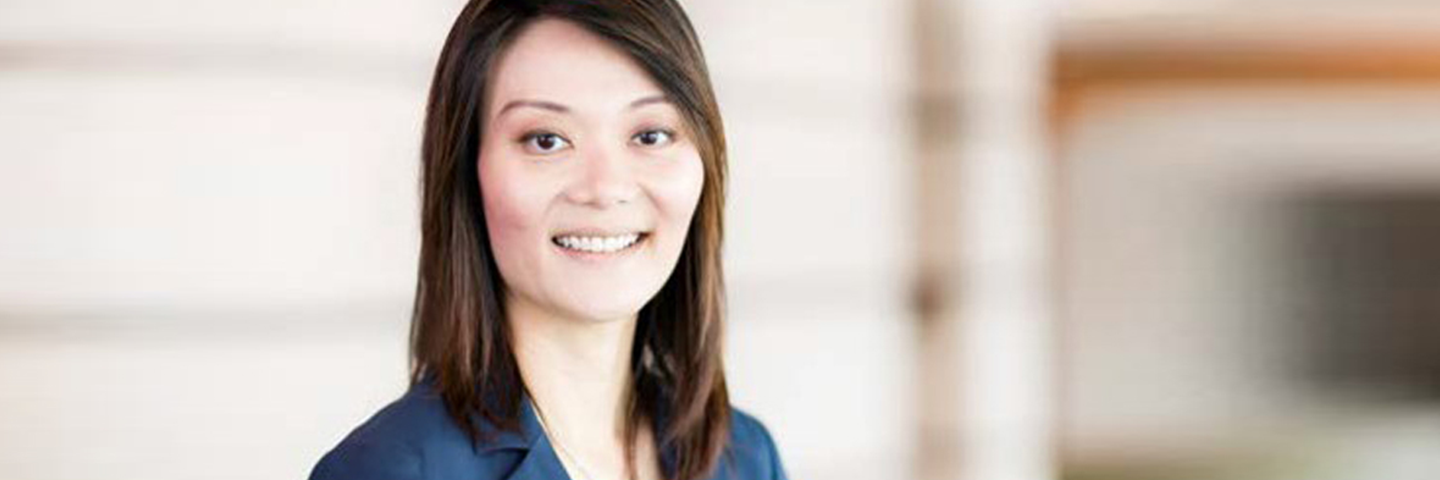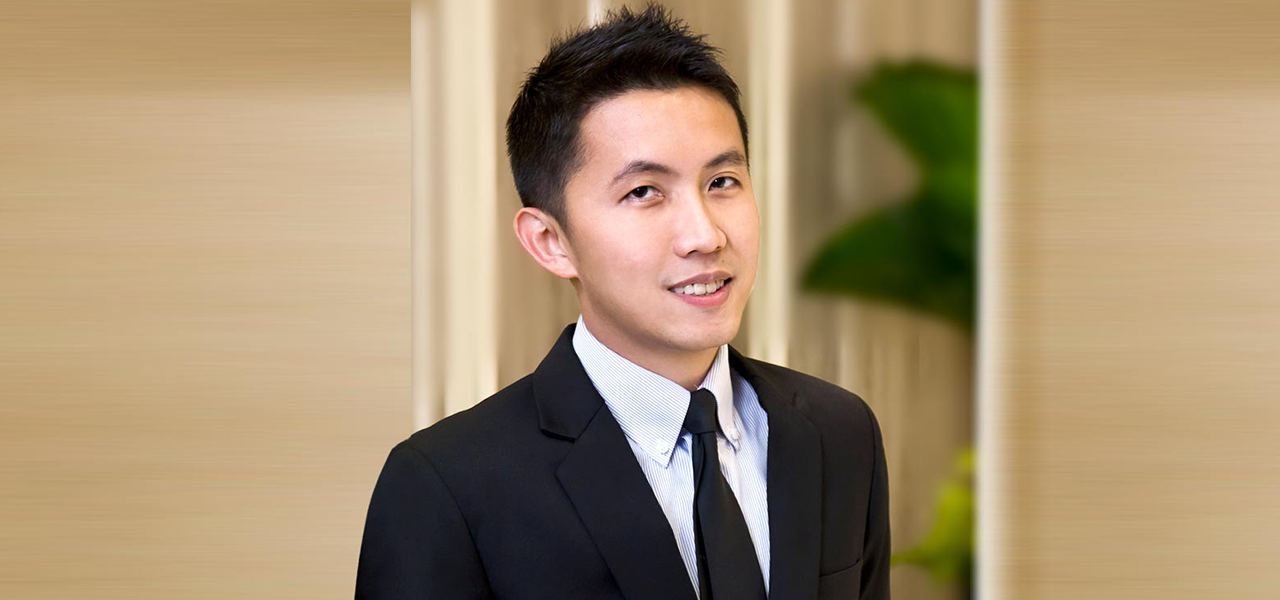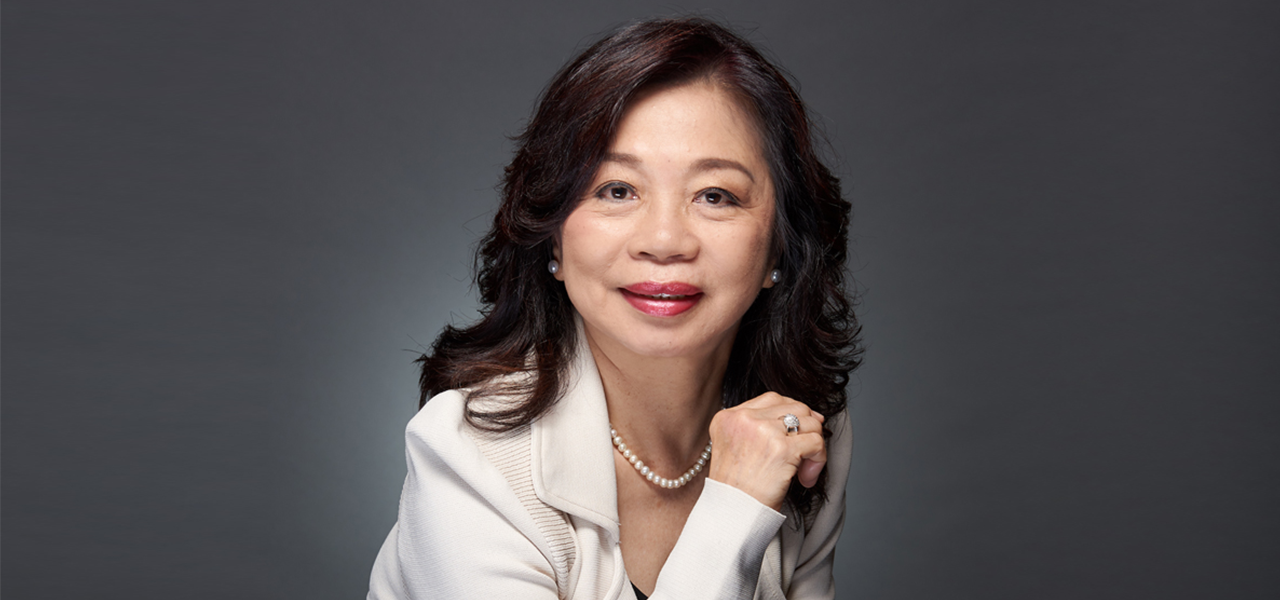While the banking sector might have taken some time to recover its reputation following the Lehman Brothers collapse over a decade ago, Angela Koh, an alumna of the SMU Master of Science in Wealth Management programme, was never cagey about the industry despite the negative connotations.
On the contrary, she wholeheartedly believes that banking personnel are the moral compass of financial institutions. “This is an industry that requires a high level of integrity, honesty and commitment, so clients will trust you enough to take your professional advice when it comes to their hard-earned money,” says Angela, who is now a director with the largest Swiss private bank, handling the Philippines market.
For Angela, her interest in the field began as a teenager, when she enrolled in Singapore Polytechnic to pursue a diploma in Banking and Finance.
With Singapore’s finance industry reaffirmed to number among the world’s best, jobs in the banking and finance sector have never been more coveted. In fact, this remains one of the most in-demand sectors in Singapore, despite being notorious for long and gruelling working hours.
As part of her dedication to continually keep ahead of the curve, Angela embarked on the Masters of Science in Wealth Management (MWM) programme at SMU’s Lee Kong Chian School of Business (LKCSB) and graduated in 2019.
“Postgraduate studies offer a more in-depth perspective, where we don’t just learn from the professors but also from each other,” she explains of the decision to return to the classroom in the midst of a successful career.
The MWM is designed to provide holistic and relevant coverage of the banking industry in wealth management for postgraduates. The curriculum encompasses a comprehensive spectrum of topics, from asset management, investment and client advisory to an overseas study block where students are able to take on electives in eminent universities and visit financial institutions in Switzerland and the United States to learn more about private banking and investments.
Taking the programme definitely enhanced her existing knowledge of the industry. Angela shares: “The professors are equipped with years of industry experience, making the course more interesting and applicable.”
As the MWM course incorporated both theoretical and current knowledge of sector developments, Angela felt that the classes were very relevant to her current role at the private bank, helping to boost her confidence when advising clients on technical aspects of the industry, as well as better understand her company’s products and services.
“I’ve learnt so many things in such a short span of time. It’s a good, all-rounded programme to equip myself with the necessary skills. Some of these skills may also come in handy for future management roles,” she says.
Embracing change, pursuing balance
Angela started her career as a call centre representative at Standard Chartered Bank back in 2002. Her hustle and passion for the industry soon earned her the position of Relationship Manager (RM) with OCBC the very next year.
The RM role allowed her to manage her own set of clients, which was rewarding but also extremely demanding. She had to learn to juggle multiple priorities including meeting clients’ demands monitoring rates and staying on top of stringent regulations Angela was able to thrive by adopting an optimistic attitude and being open to change.
Through all her years of continuous learning, relearning and self-improvement, Angela shared that the strength and support she derives from her personal relationships and religion have helped give her the drive and endurance she needed during tough times.
“Meet-ups with friends are important to me and I believe having healthy and hearty conversations is also key to keeping me motivated. Constructive conversations help keep you level-headed,” she says.
Another method she suggests for balancing work and other commitments is to find a mentor to guide you along the way. “That, along with a positive attitude, can make a big difference,” she adds.
“Be prepared to work hard and be generous with your time when it comes to learning,” she says. “Most importantly, be humble and develop your strengths, working style and coping mechanisms. This will help you adapt to challenges better and faster.”





